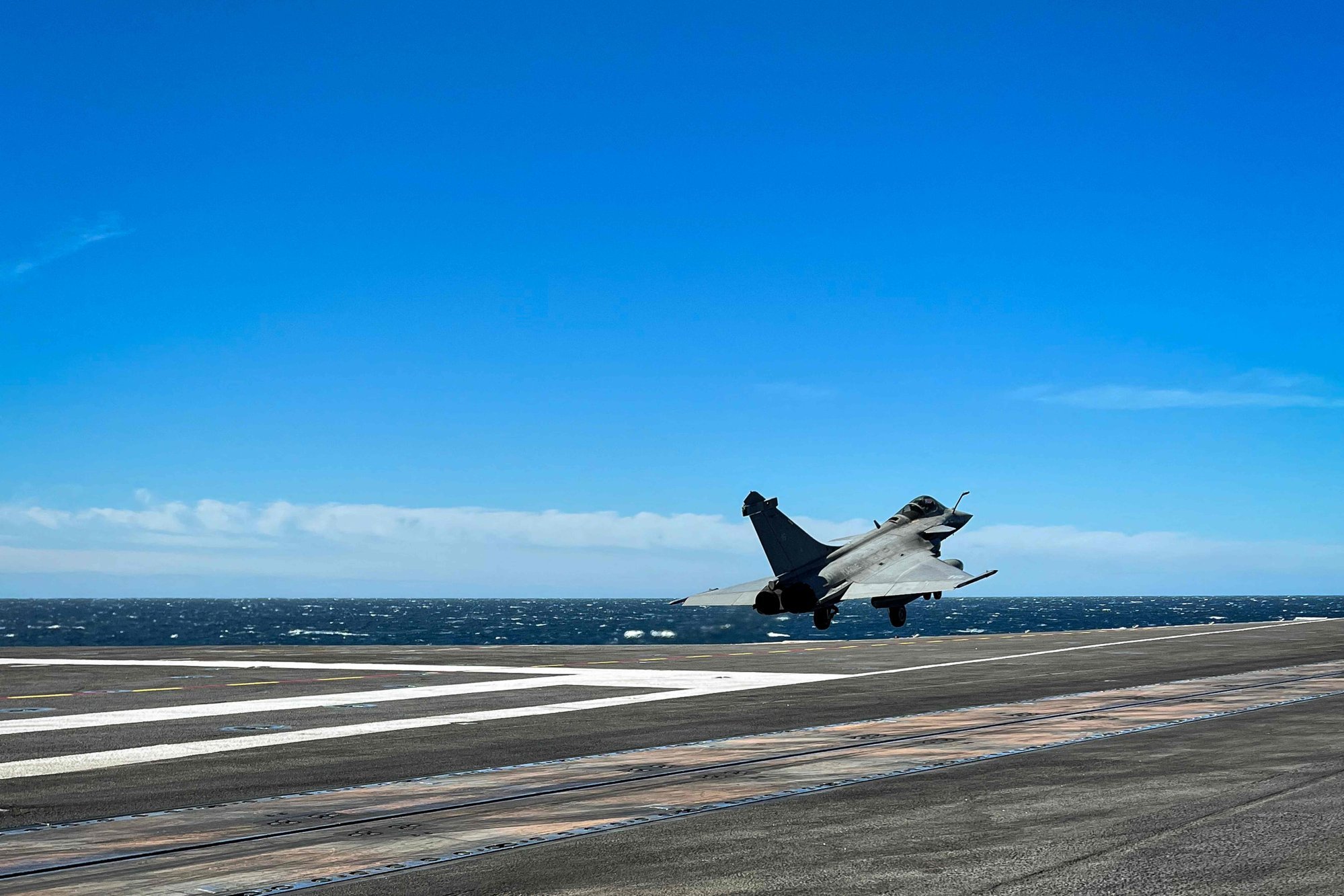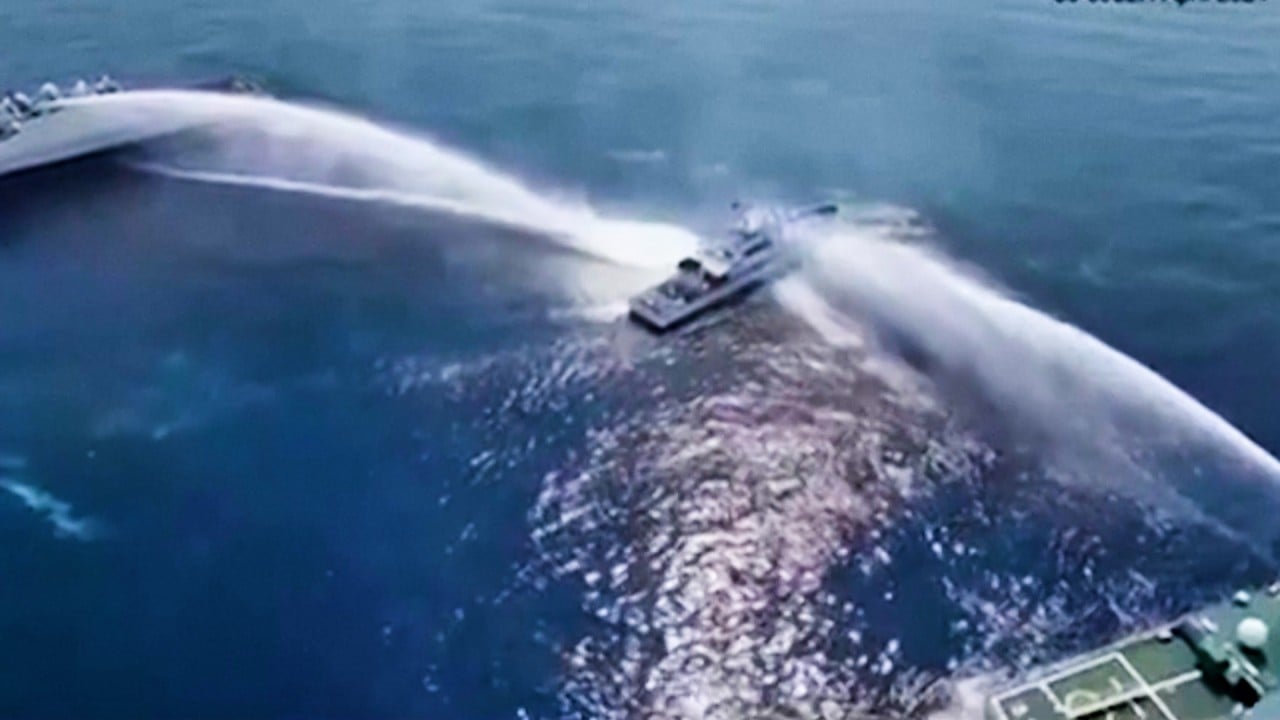
South China Sea: France-Philippines proposed military drills seen as support for Manila’s maritime position
- The two countries will discuss a visiting forces agreement, a month after French troops took part in the annual Balikatan exercises
- The proposed deal signals France’s determination to play a bigger role in ensuring the rules-based order in the Indo-Pacific region, analysts say
Officials from France and the Philippines are set to meet in Paris this month to negotiate a visiting forces agreement. French troops are also expected to continue taking part in the annual joint exercises involving their US and Philippine counterparts after taking part for the first time last month.
The negotiations showed that France wanted to forge closer cooperation with its regional allies, geopolitical analyst Dindo Manhit said. “It is a testament to France’s commitment to upholding and promoting the rules-based order in the region.”
Among the incidents, Chinese coastguard vessels had harassed Philippine vessels on resupply missions to BRP Sierra Madre, a grounded warship serving as the Philippine navy’s outpost at the Second Thomas Shoal. Several Philippine vessels were also hit by water cannons from Chinese ships.
Philippines president 2028: the prize in Liza Marcos vs Sara Duterte feud?
With the support from Paris, Manila could bolster its position in the maritime dispute on the international stage, defence analyst V.K. Parada said.
“It is effectively borrowing the strength of extra-regional partners like France to buttress its territorial claims. Their support increases the reputational costs of Chinese aggression on the world stage.”
French Minister for the Armed Forces Sébastien Lecornu said earlier this month that the proposed agreement was focused on “[creating] interoperability or a strategic closeness between both armed forces, see how both navies work together, how air forces work together.”
Indo-Pacific resident power
US-Philippine forces conduct live fire rocket drill amid South China Sea tensions
The participation of French troops in the Balikatan exercises also showed that France wanted to be seen as a credible force in the region, Parada said.
“France’s inclusion in this year’s [Balikatan] iteration serves as an opportunity to increase interoperability with its Indo-Pacific partners, while showcasing to potential rivals its ability and willingness to project power on a global scale.”
A key consideration for France in expanding its presence in the Indo-Pacific region is to showcase its military hardware and boost its defence exports, according to analysts.

Among the major regional deals involving French weapons in recent years were the sale of Rafale fighter aircraft to India and Indonesia, and Scorpene submarines to India, Malaysia and Indonesia, Pitlo said.
The Philippines could also benefit from closer cooperation with France in areas beyond defence, including attracting more investments from French companies to boost its economy, analysts say.
“Economic benefits will lead to more investments … may extend to the development of critical sectors such digital and hard infrastructure, research and technology, power and energy, which will ultimately boost the [Philippines’] long-term economic growth,” Manhit said.


